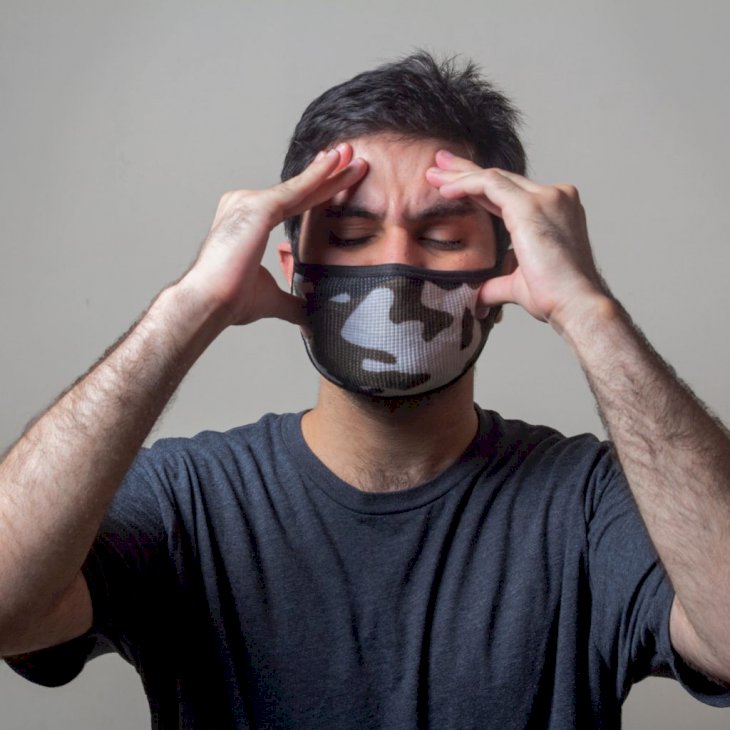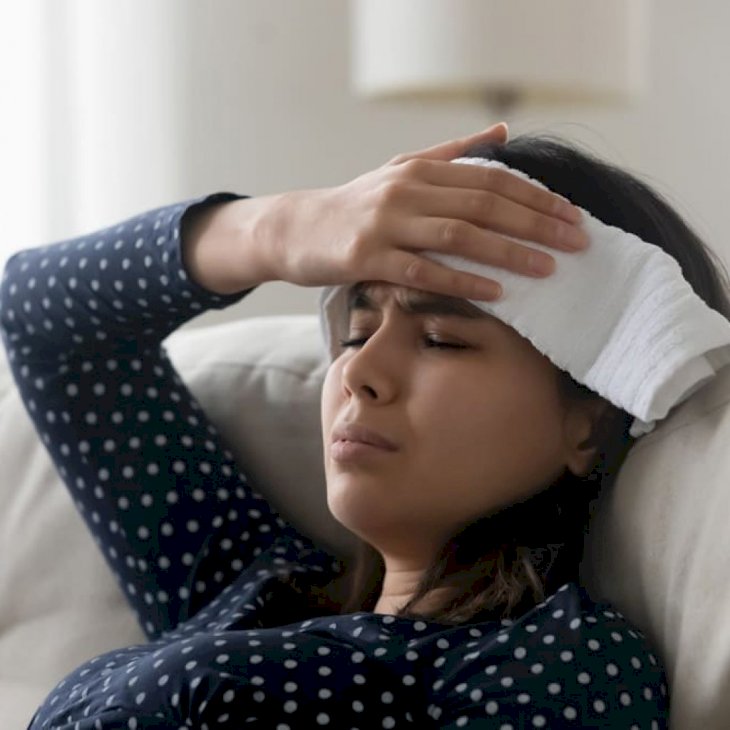
A Doctor Explains Migraines & How To Treat Them
You either know someone who suffers from migraines, or you are someone who suffers from migraines, and learning how to treat them is critical, especially when they strike as soon as your eyes open!
Waking up with a headache every morning is common for people who suffer from migraines. Most people don’t realize how severe migraines can be.
Many think that it feels no worse than an ordinary headache. But it's more than just a headache. Because of its severe pain, patients usually experience a range of neurological symptoms that can make it difficult for them to complete daily tasks. So how do we know if it's a migraine or just a headache?
What is a Migraine?

A typical headache described as a dull pain that is spread around the head can be ignored and generally does not affect daily tasks. This is very different from a migraine.
In contrast to a headache, a migraine is described as a throbbing pain sensation on one side of the head; patients describe the pain as moderate to severe and worsen with any form of physical activity.
Symptoms of a Migraine:

Migraines often start affecting people between childhood to early adulthood and can last anywhere between 4-72 hours. During a migraine, patients may experience some of the following symptoms simultaneously:
- The pain usually one-sided of the head, sometimes on both sides.
- Throbbing pain sensation
- Sensitivity to light, noise, or touch: exposure to light, noise, or touch makes the migraine worse
- Nausea and vomiting
- Neck pain
- Sinus pressure
- Sweaty palms
- Visual disturbances: like flashes or spots of light
- Dizziness
After a migraine subsides, you will experience pain relief accompanied by exhaustion or confusion; you may even feel your mood change to something lighter.

Causes of Migraines:
Genetics and environmental factors seem to play a significant role in triggering a migraine; however, here is a list of things that may influence and trigger a migraine:
- Hormonal fluctuations, such as estrogen, occur during periods, pregnancy, and menopause.
- Oral contraceptives and hormone replacement therapy may contribute to migraine triggers. However, some people may find relief from these medications.

- Drinks with alcohol and caffeine such as wine and coffee are triggers for migraines.
- Excessive stress at work or home can trigger migraines.
- Bright lights and sun glare can induce migraines, as can loud sounds.
- Strong smells like perfumes, paint thinner, secondhand smoke, amongst others, can trigger migraines in some people.
- Not getting enough sleep or getting too much sleep.

- Intense physical exertion, including sexual activity, may trigger migraines.
- Weather changes can induce a migraine.
- Medications such as oral contraceptives and nitroglycerin can aggravate migraines.
- Foods such as aged cheeses, salty, and processed foods might trigger migraines.
- Skipping meals or fasting may trigger migraines.
- Additives in food like sweetener MSG may also trigger migraines.
Treatment of Migraines:

When you feel the onset of a migraine, the best way to help resolve it would be going to a dark room, closing your eyes, and trying to rest or nap for 15-30 minutes, if possible. Make sure to drink plenty of fluids, and apply a cold compress to the forehead or at the back of the neck.
If you suffer from migraines as soon as you wake up, then along with fluids, try to eat something with a good amount of protein. If you find that your migraines are caffeine-induced, try to refrain from drinking any caffeinated drinks, including green tea and sodas.
Regular exercise and relaxation techniques, a good diet, and regular sleeping patterns also play an important role in migraine management. The better your routine, the less likely you are to experience chronic migraines.

Because migraines affect 1 billion people worldwide, many medications aim to target pain relief and prevent migraines from happening.
If you’re experiencing severe migraines, then it's advisable to see your doctor and talk to them about your symptoms and how it's affecting your life. They will either put you a medication aimed at either targeting:
- Pain-relief: focussed on resolving the severe pain you’re experiencing
- Or preventive measures which are explicitly focused on treating any underlying cause
However, you must always try to change your lifestyle habits. Go through the trigger list and try to find things that you can manage better; for example, if you don't sleep enough, a migraine is your body's way of telling you that you need more sleep. Therefore try to get more sleep during the night.